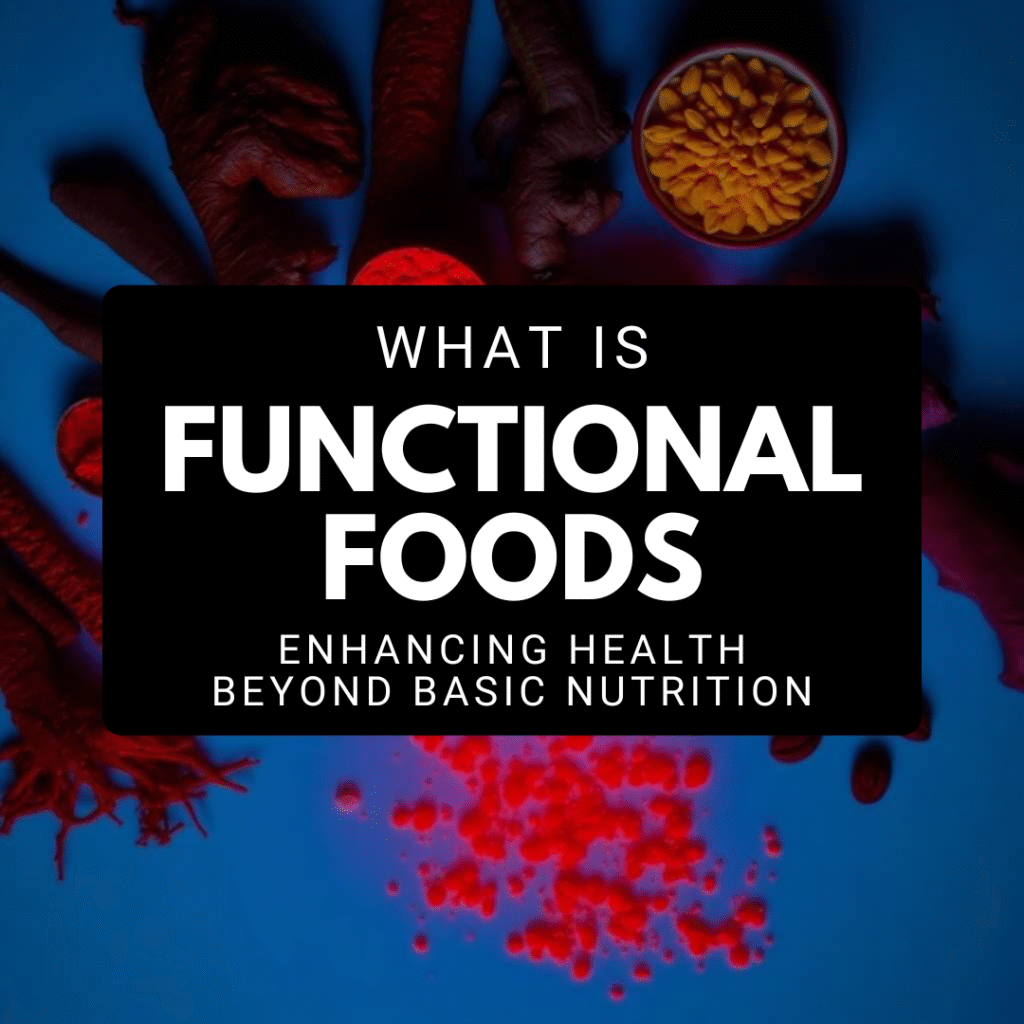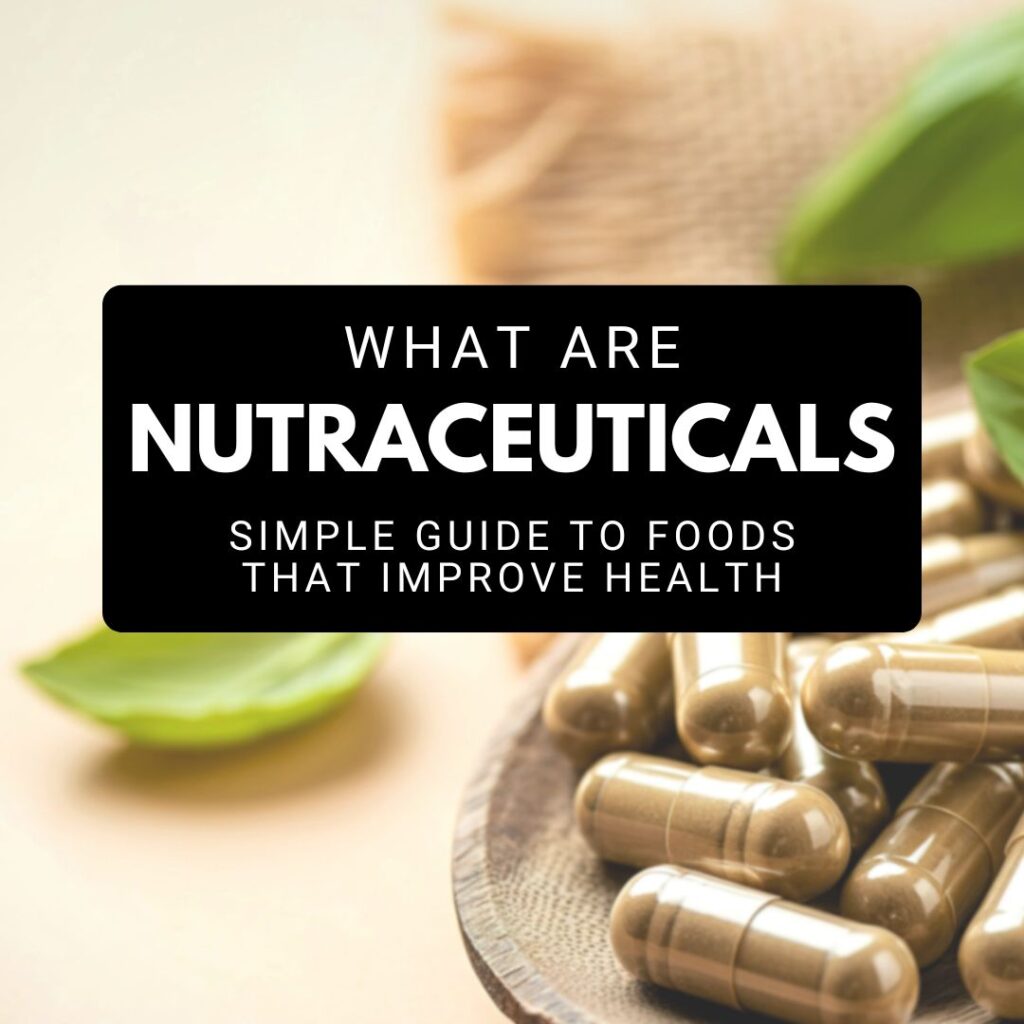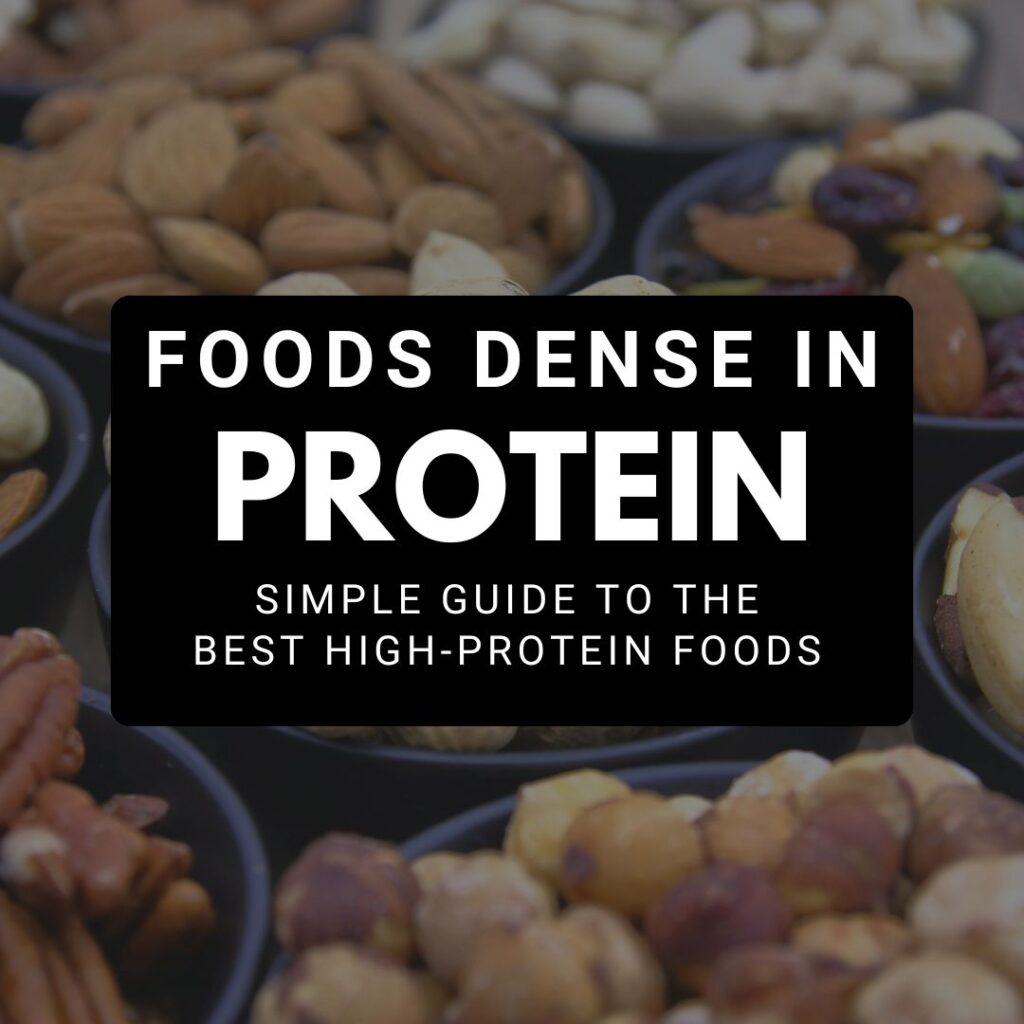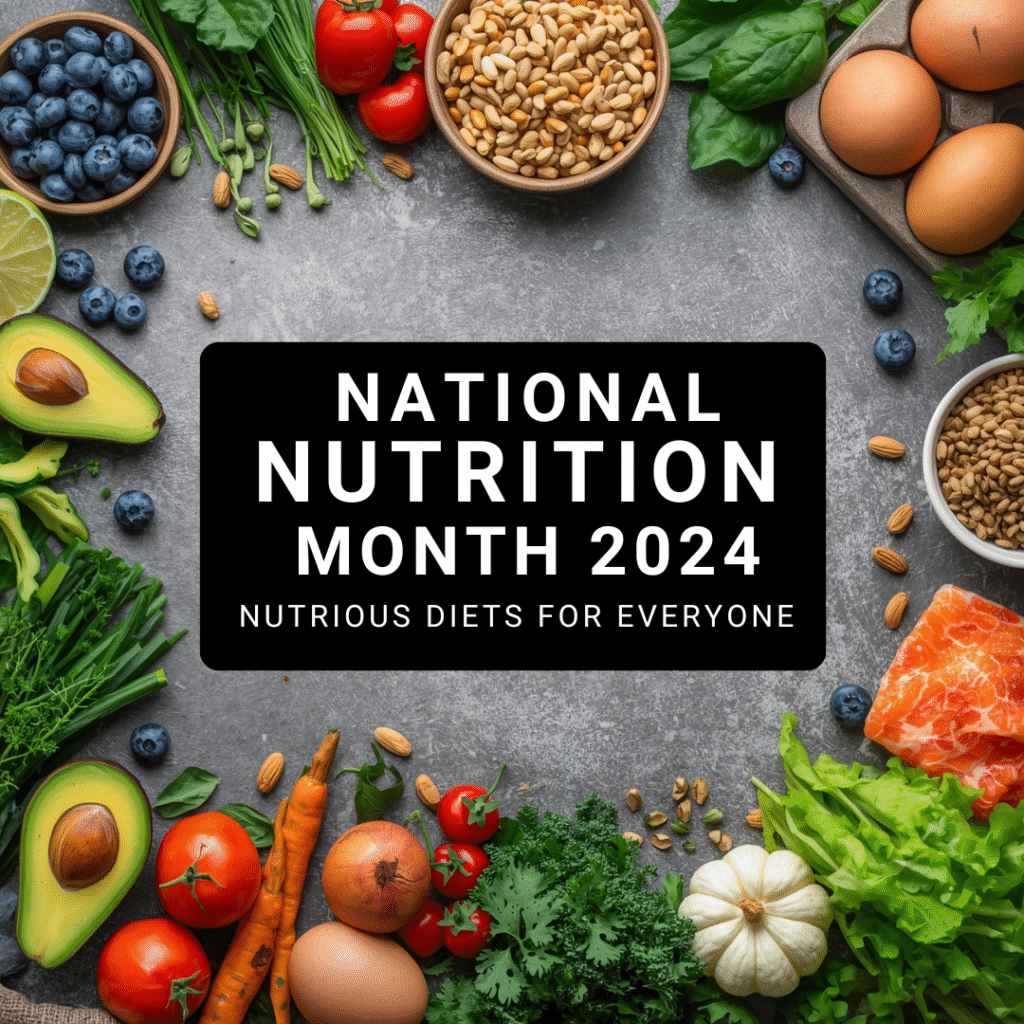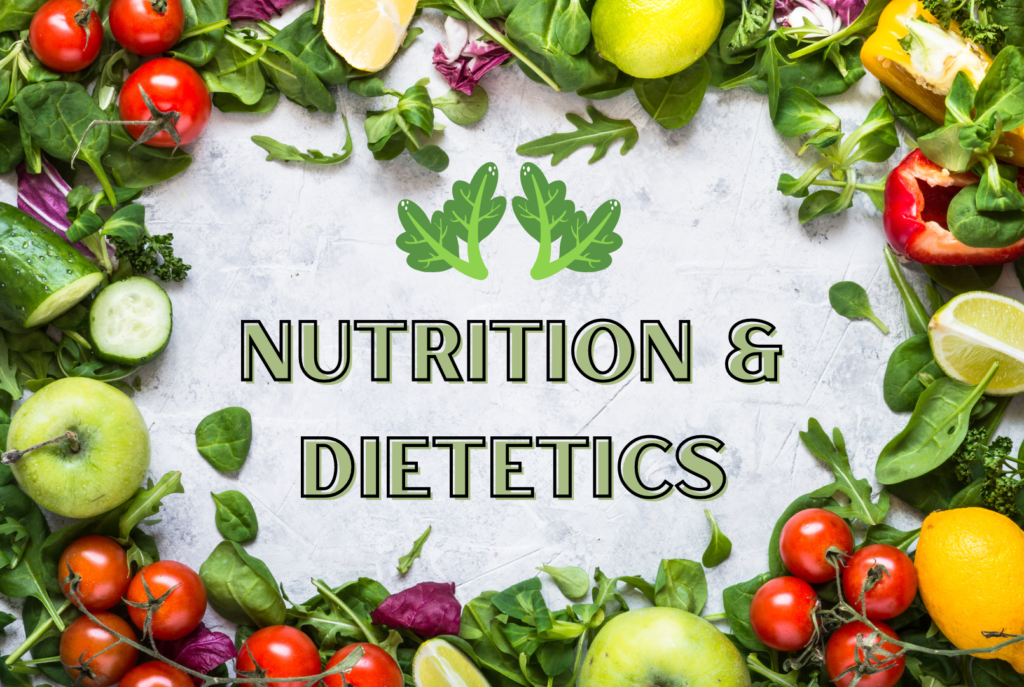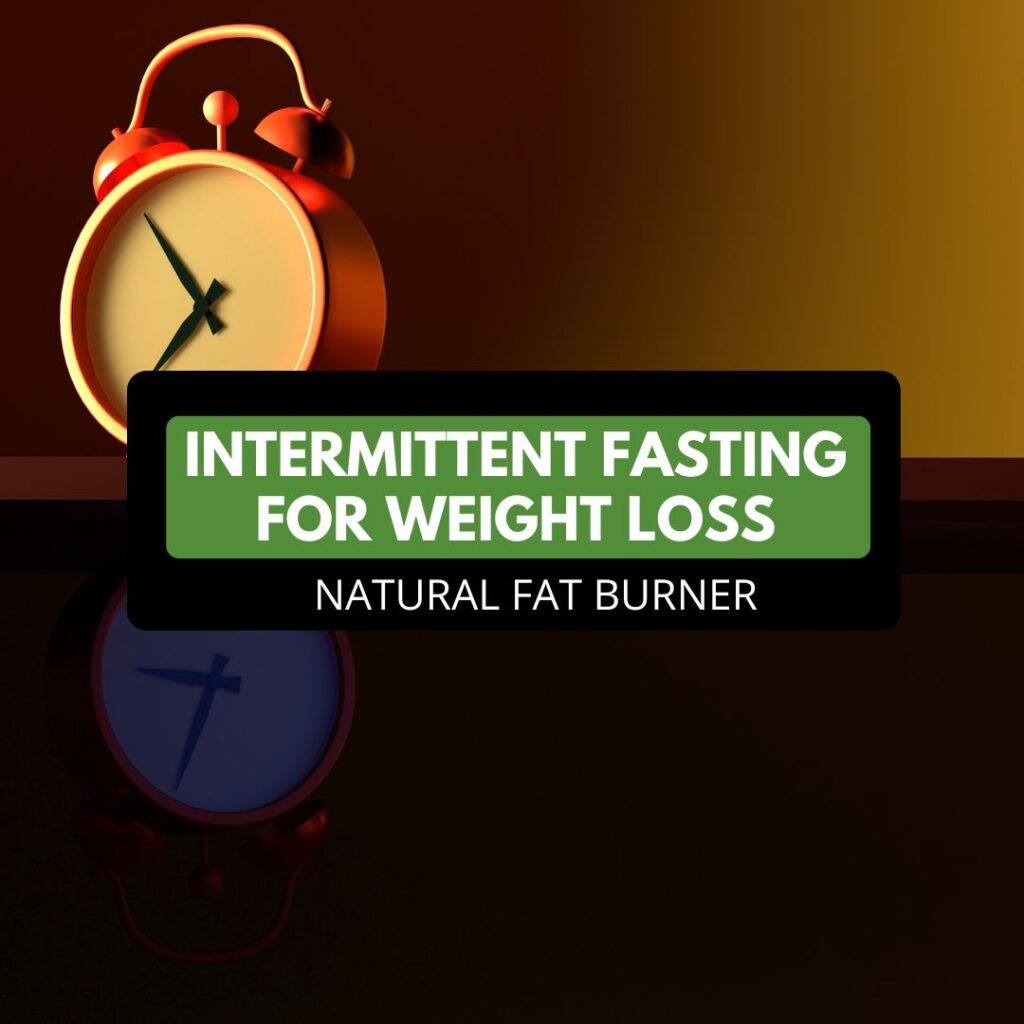Functional Foods and Their Incredible Health Benefits
Functional Foods with Incredible Health Benefits are more than just a source of basic nutrition; they offer substantial support for disease prevention and overall well-being.
As Hippocrates famously said, “Let food be thy medicine and medicine be thy food.” This timeless wisdom remains relevant today, as more people become aware of the impact their diet has on their health. Functional foods, a crucial concept in modern nutrition, provide benefits that extend beyond simple nourishment. They are rich in bioactive compounds, vitamins, minerals, and other essential nutrients that promote optimal health and can help prevent or manage chronic conditions like heart disease, diabetes and cancer.
Functional Foods and Their Incredible Health Benefits Read More »
